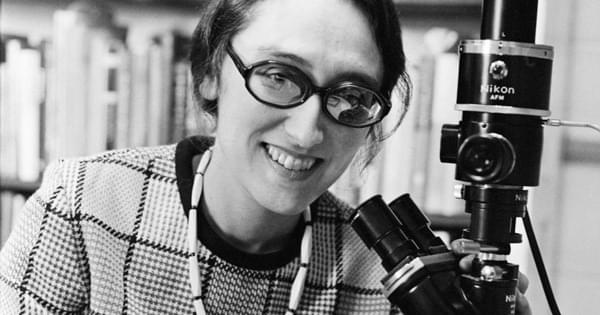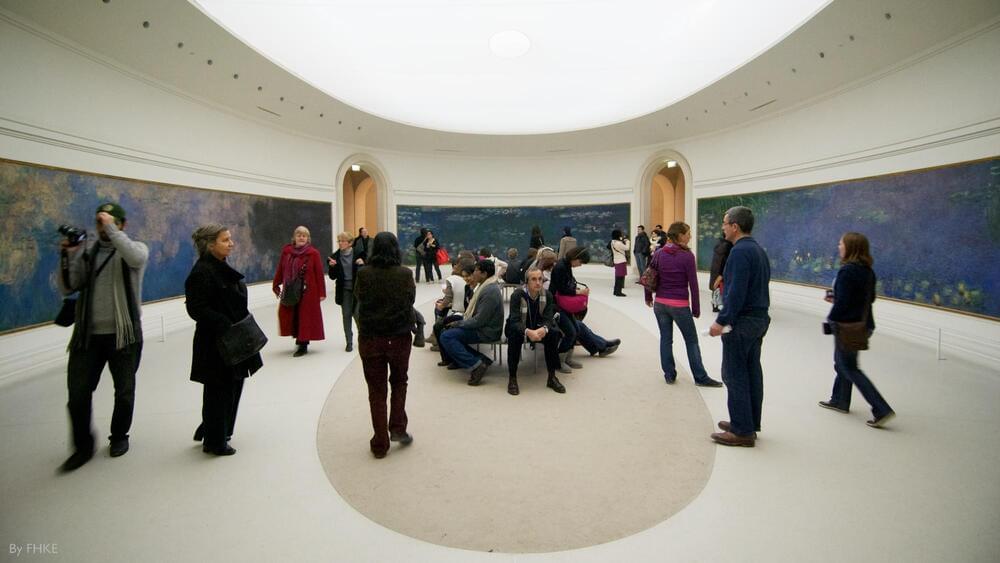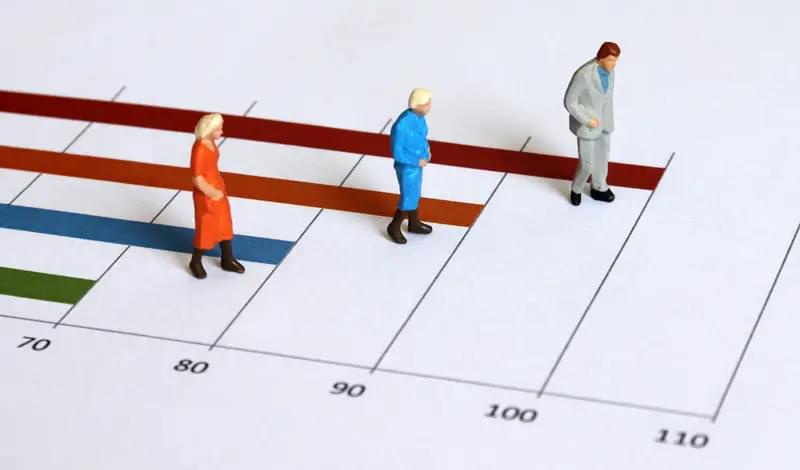🇬🇧FREE WEBINAR🇮🇹: https://draronica.com/free-webinar/
In this Ask Me Anything interview, Prof. Matt Kaeberlein discusses the evidence (and lack thereof) behind popular anti-aging supplements and interventions. Starting from his current research on rapamycin for healthy longevity in dogs (The Dog Aging Project), he describes the promises and perils of anti-aging medicine and shares with us some tips on how to become better critical thinkers and protect us from hype and snake oil.
This interview is a must watch for everyone who wants to develop a critical stance toward the field of longevity research and balance enthusiasm with evidence.
I hope you enjoy this interview!
TIMESTAMPS
00:00 Introduction.
04:33 Definitions: Aging, lifespan, healthspan.
09:08 What is biohacking.
14:56 The Dog Aging project.
19:39 Rapamycin: Longevity effects in mice.
22:28 Can rapamycin impair muscle growth? Is it in contraindicated for people who want to build muscle mass?
27:09 Exercise, inhibition of mTor, and rationale for cycling rapamycin and exercise.
29:46 Getting around the growth vs. resilience tradeoff in longevity.
32:00 Epigenetic clocks: Hope vs. hype.
32:43 Best functional markers of longevity.
36:30 Sterile inflammation, auto-immunity, and immune senescence.
40:24 The best and worst longevity supplements for Matt Kaeberlein.
45:50 What longevity hacks Matt implements in his own life.
48:00 Lucia’s and Matt’s thoughts on calorie restriction for longevity.
50:30 How can people discriminate between science and sneak oil?
🐶 The Dog Aging project: https://dogagingproject.org/






